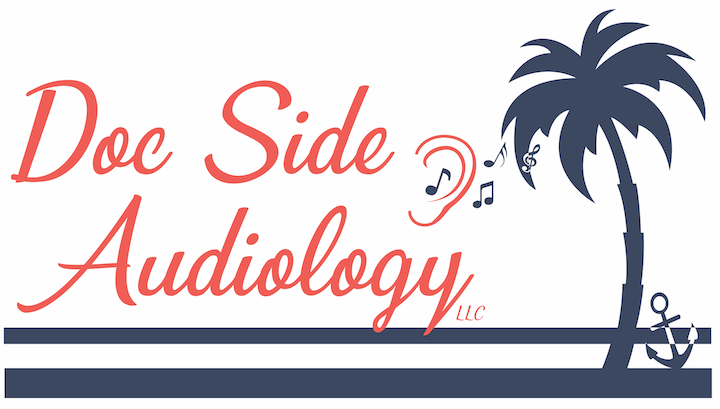
Levo System uses neuroscience-based therapy to reduce a patient’s tinnitus over time. Its FDA-cleared, patented, and proprietary software solution generates a customized sound match that precisely replicates the sound the patient is hearing. The patient will listen to their sound match at night for up to 8 hours throughout the 9 months of therapy to induce neuroplastic changes in the brain. Those changes will lead to a consistent and lasting tinnitus intensity reduction over time and strongly correlate with an overall improvement in quality of life.
Neuroplasticity refers to the brain’s ability to adapt and change its structure and function in response to environmental influences. It involves the formation of new neural connections, the modification of existing connections, and the reorganization of neural networks, enabling the brain to adapt, learn, and recover from injuries or changes in its environment.
Levo’s high quality sound is generated by apple hardware and quality earbuds that ensure safe and precise administration of the therapy each night.
The Levo system administers therapy at night because sleep can be one of the most challenging times for tinnitus patients and Levo has been proven to significantly improve the quality of patients sleep. In addition, there are many additional benefits to administering therapy during sleep:
Auditory pathways remain active while sleeping. With fewer competing sensor inputs and cognitive demands, neuroplastic response may be enhanced when acoustic stimulation happens during sleep, increasing the effectiveness of the therapy.
Therapy at night does not interfere with daily activities and because patients are not aware of the stimulation it reduces treatment related anxiety.
The Levo therapeutic protocol consists of 3 phases, Adaptation, Continuous Stimulation, and Detachment/Maintenance. It is recommended that the Levo systems be used for up to 9 months for the potential to see long term benefits. However, an independent study published featuring the Levo System found that the majority of patients saw improvements after the first 3 months of therapy. Additionally, after three months of therapy, another study found that patients experienced an average reduction of tinnitus intensity of 80%. This was accompanied by an average Tinnitus Functional Index (TFI) decrease of 77%
